Dr Aviv Ouanounou
Dr Aviv Ouanounou is an assistant professor of Pharmacology and Preventative Dentistry at the University of Toronto. He has won numerous teaching awards, including “Best Teacher of the Year Award” and the prestigious Bruce Hord Master Teacher Award.
In addition, Dr Ouanounou is a Fellow of the International College of Dentists, The American College of Dentists and the Pierre Fouchard Academy as well as the Academy of Pain Management and the American College of Clinical Pharmacology. He has published and authored numerous articles in peer reviewed journals and also maintains a general practice in Toronto.
Pharmacology for the Dental Practitioner: An Overview
Clinical pharmacology studies the effects of drugs and their use for preventative, diagnostic and therapeutic purposes. In this lecture Dr Ouanounou will review the various pharmacological agents commonly used in the daily dental practice, including local anesthetics, its mechanism, onset and duration of action as well as potential complications associated with its use. He will also review the analgesics most commonly used in dentistry namely, acetaminophen, NSAIDs and opioids. In this section, Dr Ouanounou will discuss the adverse effects, common drug interactions and recommended dosages. Moreover, anti-infectives most commonly used will be discussed. Also, since the use of herbal medications has significantly increased in the last few years, Dr Ouanounou will discuss the most common herbal medications and their effects on dental treatment. Finally, this lecture will cover special topics such as geriatrics, pregnancy, kidney failure and liver disease, all situations requiring special caution on part of the clinician when prescribing or administering drugs in the daily dental practice.
LEARNING OBJECTIVES
1. Understand basic concepts of pharmacology namely pharmacokinetics and pharmacodynamics.
2. Understand the mechanism of action of local anesthetics, the factors that affect their onset and duration of action and the common complication associated with their administration.
3. Be informed of the analgesics currently used in dentistry. Understand the various adverse effects and drug interactions relevant to dentistry.
4. Understand the rational use of anti-infective agents in dentistry, both in terms of the management of existing orofacial infections and for prophylaxis against the development of bacterial endocarditis or other infection post treatment.







